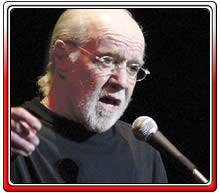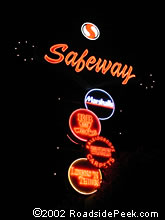I mean it
I have had it up to here. You will do ABC, and you will do it right now. As in today, not tomorrow. And not an hour from now, but right this very minute. And if you do not do ABC immediately, I will do ABC, and I will do it immediately. And you will not like it if I do ABC. You had best believe I mean business and get to ABCing yourself, because I am not
whistling Dixie
idiom
Engaging in unrealistic, hopeful fantasizing. This idiom alludes to the song “Dixie” and the vain hope that the Confederacy, known as Dixie, would win the Civil War.
"whistle Dixie." The American Heritage® Dictionary of Idioms. Houghton Mifflin Company, 1992. Answers.com 18 Mar. 2006. http://www.answers.com/topic/whistle-dixie
whistling Dixie
idiom
Engaging in unrealistic, hopeful fantasizing. This idiom alludes to the song “Dixie” and the vain hope that the Confederacy, known as Dixie, would win the Civil War.
"whistle Dixie." The American Heritage® Dictionary of Idioms. Houghton Mifflin Company, 1992. Answers.com 18 Mar. 2006. http://www.answers.com/topic/whistle-dixie








